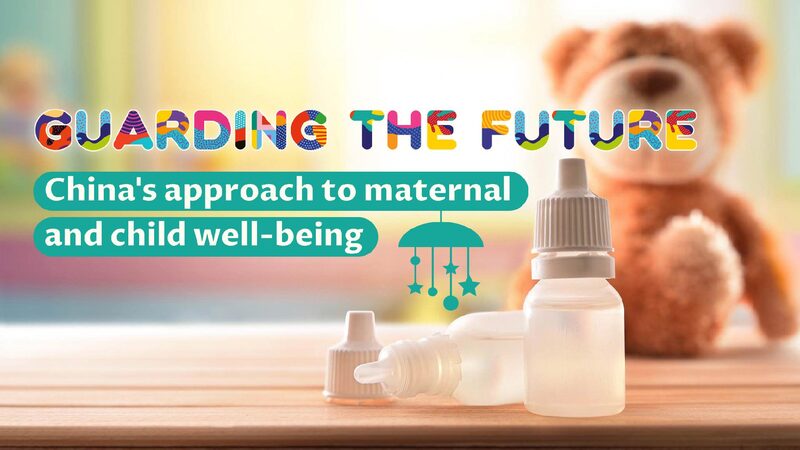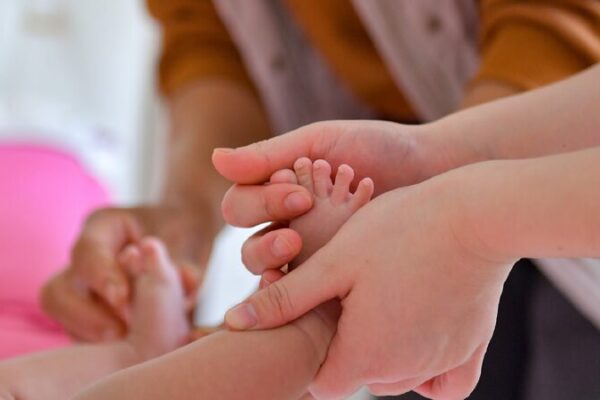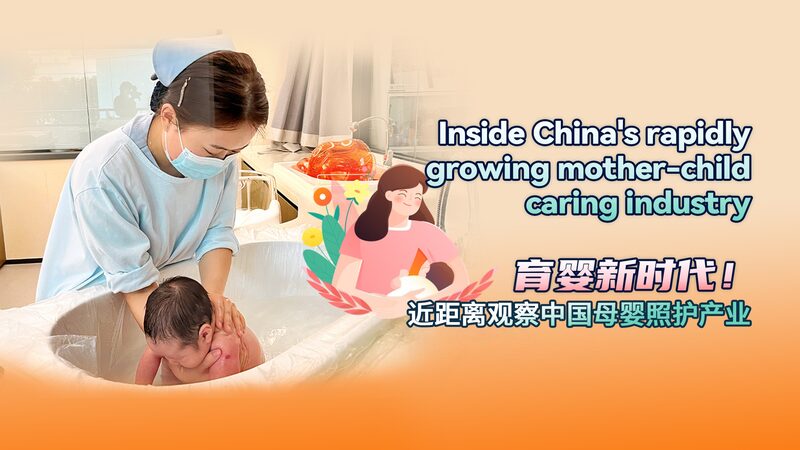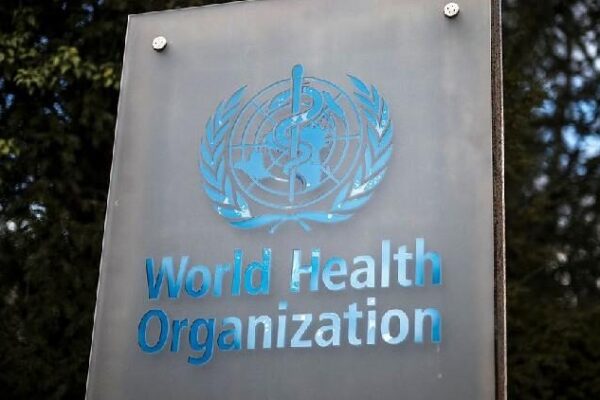Ensuring the health of mothers and children is a fundamental indicator of a nation’s well-being and progress. In China, a comprehensive effort to upgrade infrastructure and innovate policies is strengthening maternal and child health care across the country.
Modernizing Maternal Healthcare
The modernization of maternal healthcare infrastructure is a key aspect of China’s strategy. The concept of “maternal-friendly hospitals” is gaining traction, providing integrated services that streamline care for expectant mothers.
In cities like Beijing and Nanjing, “one-stop” clinics have been established. These facilities allow women to complete all necessary procedures—from registration and examinations to consultations and payments—in a single location. This approach enhances convenience and eliminates the need to visit multiple departments.
At the Beijing Maternal and Child Health Hospital, a multidisciplinary intensive care unit staffed by obstetricians and critical care specialists is equipped to handle complex pregnancies involving conditions such as heart complications or organ failure.
“Maternal health risks are increasingly multifaceted, and collaboration across different medical specialties is essential,” said Dr. Xie Dan, the hospital’s medical director. Such initiatives have contributed to a significant decrease in Beijing’s maternal mortality rate, which reached 0.69 per 100,000 live births in 2024, aligning with global benchmarks.
Advancements in Child Healthcare
Similar progress is evident in neonatal care. Recognizing the importance of holistic well-being, hospitals are increasingly integrating psychological support into pediatric services. Provinces such as Hainan, Guizhou, and Guangdong have implemented early screening programs for autism. Children identified through community health screenings receive targeted therapy to improve their communication and social skills.
In Guizhou Province, specialized kindergartens offer tailored rehabilitation for children with autism. Rongrong, a five-year-old diagnosed with autism at the age of three, has shown significant progress after a year and a half of daily cognitive, language, and social skills training.
“Before, she rarely made eye contact or spoke in sentences. Now, she greets people and expresses her needs,” her grandmother told China Media Group (CMG).
Policy Innovations and Financial Support
China has introduced various policy changes to support families. Flexible employment models, including “birth-friendly positions” and “mommy posts,” are designed to help parents, particularly mothers, better manage work and childcare responsibilities. Job fairs in Shanghai now feature roles offering remote work or flexible hours. In Shandong Province, a food manufacturer’s “mommy posts” initiative has provided employment to nearly 700 women of childbearing age.
Financial support further reinforces these policies. Guizhou Province, for instance, has increased its annual subsidies for autism rehabilitation to 18,320 yuan (approximately $2,520). This financial assistance has been a lifeline for families like Rongrong’s, ensuring consistent access to crucial early intervention services.
“The subsidy covers most of my granddaughter’s therapy expenses. It’s a tremendous help,” said Rongrong’s grandmother.
Technology and Global Collaboration
Technology is also playing an increasingly important role. AI-powered tools are now used in prenatal screenings to improve the accuracy of detecting conditions like Down syndrome and in assessing pregnancy risks. Additionally, mental health is receiving greater attention, with perinatal depression screening becoming a standard part of care.
China’s commitment to maternal and child health extends internationally through partnerships and cooperation. Workshops organized jointly with international organizations have facilitated valuable knowledge exchange. Delegates from countries in Southeast Asia and Africa have visited Chinese hospitals to observe integrated maternal and child health systems firsthand.
These collaborative efforts align with global initiatives emphasizing the urgency of preventing avoidable maternal and infant deaths, highlighting China’s role in contributing to shared health goals.
Reference(s):
How China is strengthening maternal and child health protections
cgtn.com








